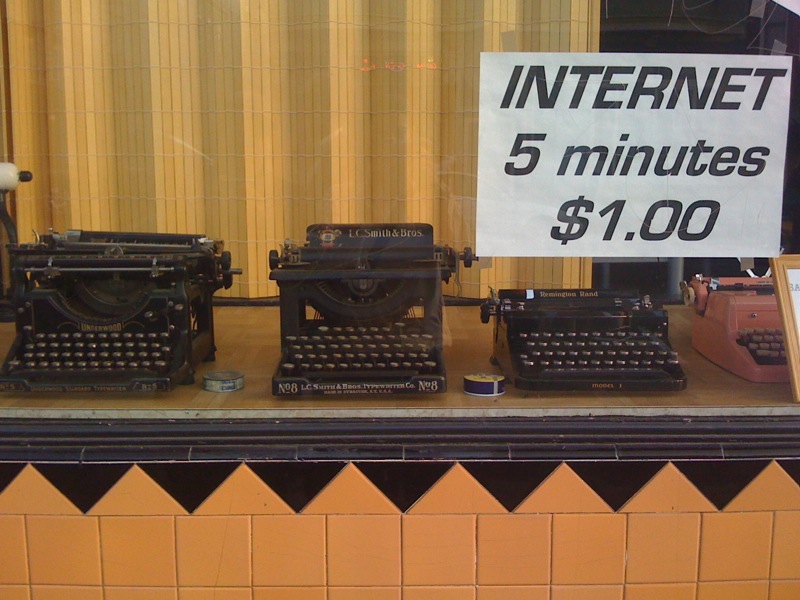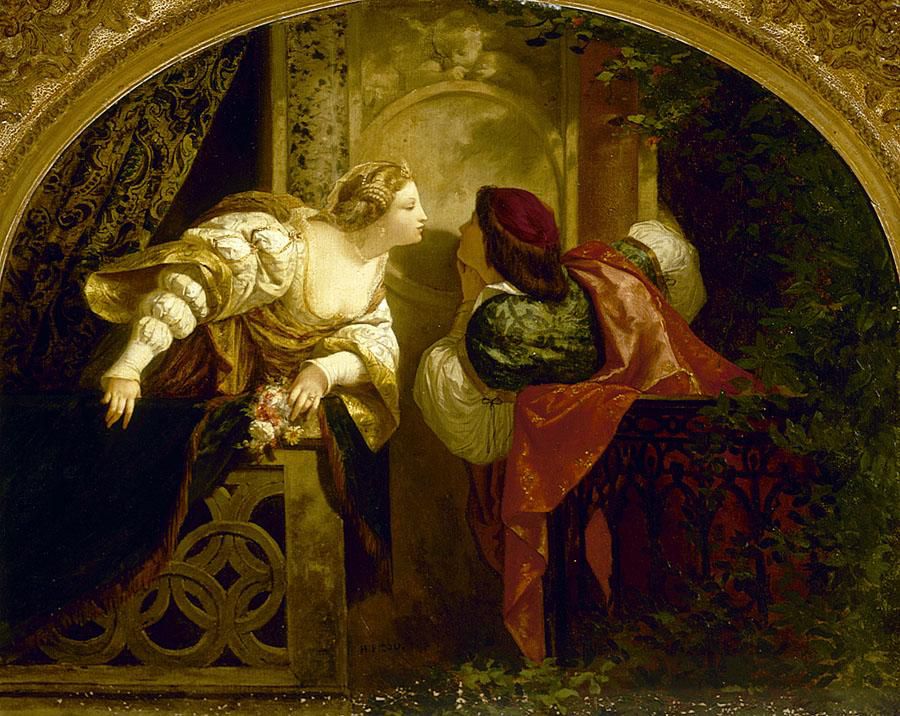The End Of History As We Know It
In this week’s reading Gitelman discusses what we see as ‘new media’ in comparison to what we see as ‘old media’. Importantly, he highlights that all media was once new and therefore ‘new media’ is simply a modified version of something else. He warns against imagining ‘new media’ such as the World Wide Web, as a tool for fixing all the problems of the world, as it allows for the same control possessed by ‘old media’.
Gitelman also questions how much technological conditions determine meaning. In thinking of ‘older’ media such as books, it’s easier to see how a writer may have been the main designer of meaning, even if a reader interprets this meaning differently to what is intended. However, technology – the Internet – obscures this and makes it harder to identify who has agency over a message. Gitelman suggests that it’s this obscurity that tricks us into thinking the World Wide Web, as a ‘new medium’, is neutral.
There is so much thought around the Internet and its effect on social conditions. However, I think it’s important to think of it as any other medium, one which has the power to create culture, values and beliefs in society.





